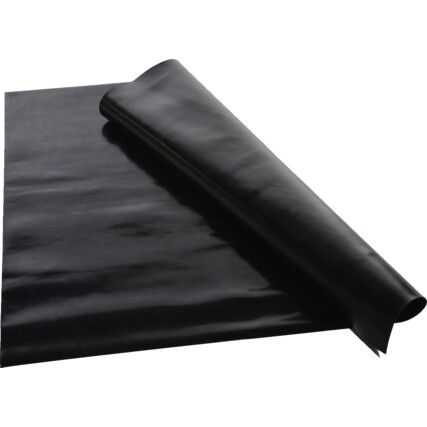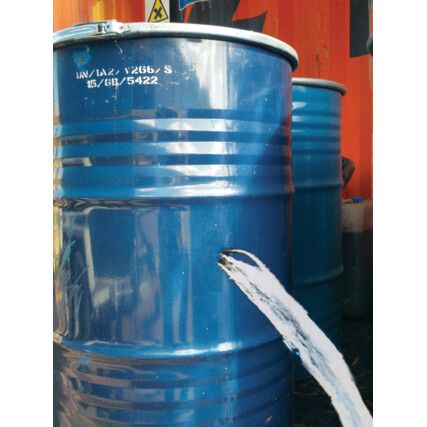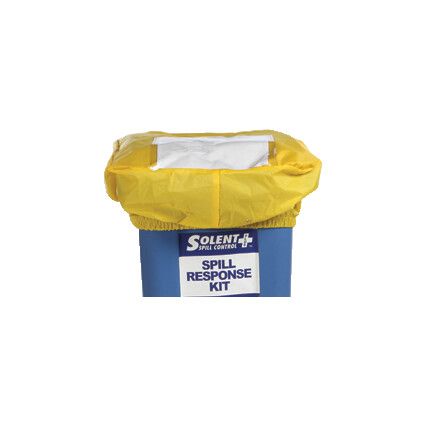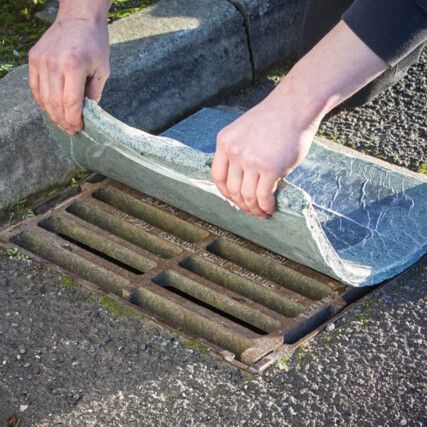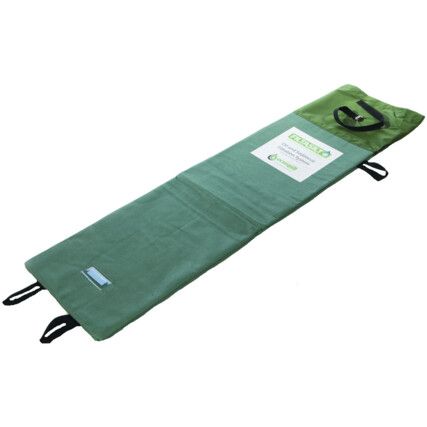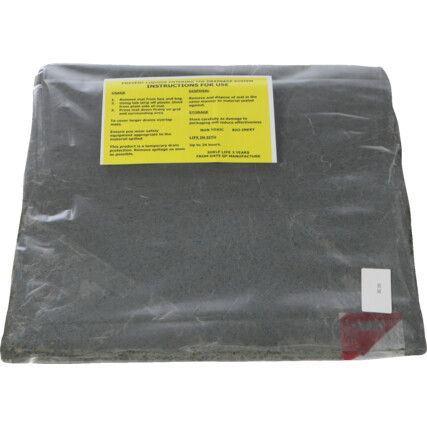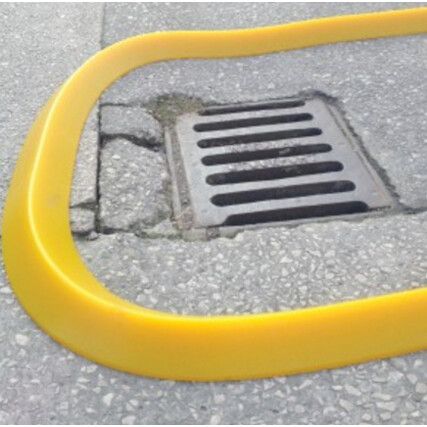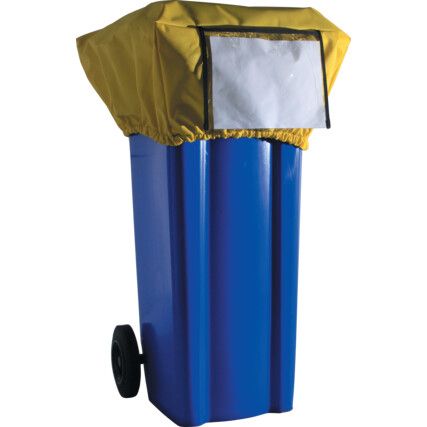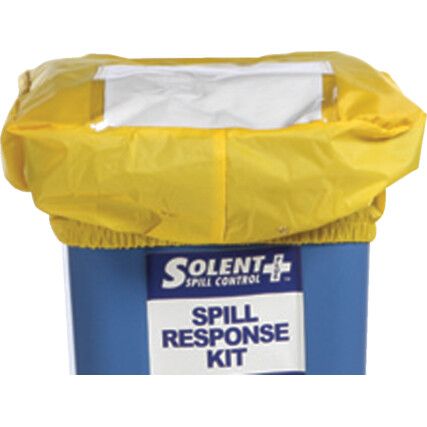Covers, Seals & Barriers
Commonly used to temporarily protect and seal off drainage areas in the event of a dangerous spill, covers, seals and barriers are a simple yet highly effective way of keeping your drainage systems blocked off whilst the spill is cleared up. For further information on Spill Control products, find more in our Spill Control Expert Guide.
Here at Cromwell, we have a range of covers, seals and barriers from our quality own brand Solent Spill Control, as well as market brands Ecospill and Mudfords.
What are covers, seals and barriers?
Covers, seals and barriers are products that are designed primarily to protect or block off drains to allow you to effectively contain potentially harmful spills in the workplace. Also used to cover and contain spill kits in designated spill disposal bins, they are most often manufactured from Polyurethane or a similar form of reusable plastic that can be cleaned down and used again.
Why covers, seals and barriers?
Covers, seals and barriers are a simple, efficient and cost-effective way of ensuring that in the event of a spill, your drains can be blocked off quickly and with ease. Usually manufactured from a highly resistant plastic material, covers, seals and barriers are designed to withstand various substances from oils to chemicals depending on your choice and can often be washed and resued.
When are covers, seals and barriers?
This type of product is most often used in workplaces where spills are a potential hazard. Spills of oil, chemicals, fuels and solvents can be extremely dangerous if not properly dealt with. Blocking off any drains and containing your spill clean-up kit effectively after use is a crucial part of keeping your personnel safe from harm. Therefore, covers, seals and barriers are a commonplace piece of kit in the automotive industry, warehouses, workshops and hospitals.
Covers, seals and barrier types
Whilst covers, seals and barriers all serve the same function, each one differs slightly in its approach and application. Below is a breakdown of how each type of drain blocker helps keep your drain temporarily sealed off whilst dealing with a spill in the workplace.
• Covers - As it sounds, drain covers are designed to be placed over your drain to block the drain directly.
• Seals - These are designed to effectively seal off drains to be airtight, to ensure no liquid can escape into the drain.
• Barriers - Usually shaped like a ring, a U or a square, barriers are placed around the drain to block off the area surrounding it, preventing harmful chemicals or substances from entering.
Considerations when choosing covers, seals and barriers
• Material - Various materials can be used to make covers, seals and barriers. Whilst they are usually plastic based such as polyurethane, it's important to check that the material of the cover, seal or barrier is resistant to the types of substances that pose a potential hazard if spilled in your work environment. Some covers, seals and barriers are manufactured from clay as this is an absorbent material; these tend to be single use only.
• Reusability - Not all drain seals, covers and barriers are reusable, so it's always best to consider whether a single use or reusable product is ideal for your workplace. Clay based products are often single use due to their absorbent nature and must be disposed of safely once the spill has been dealt with.
Covers, seals and barriers jargon buster
We want to make it easy for you, so here are some key terms that will help you understand the range of covers, seals and barriers and its applications a little better.
What does bentonite clay mean?
Bentonite clay simply refers to the type of clay that is often used in drain covers, seals and barriers. It is often favoured for single use covers, seals and barriers due to its highly absorbent nature.
FAQs
What are drain covers, seals and barriers used for?
Whether it be part of your spill kit or bought as a separate piece of equipment, the primary function of all drain covers, seals and barriers is to block off drains from harmful chemicals or substances that may cause damage if they were to enter your drainage system.
